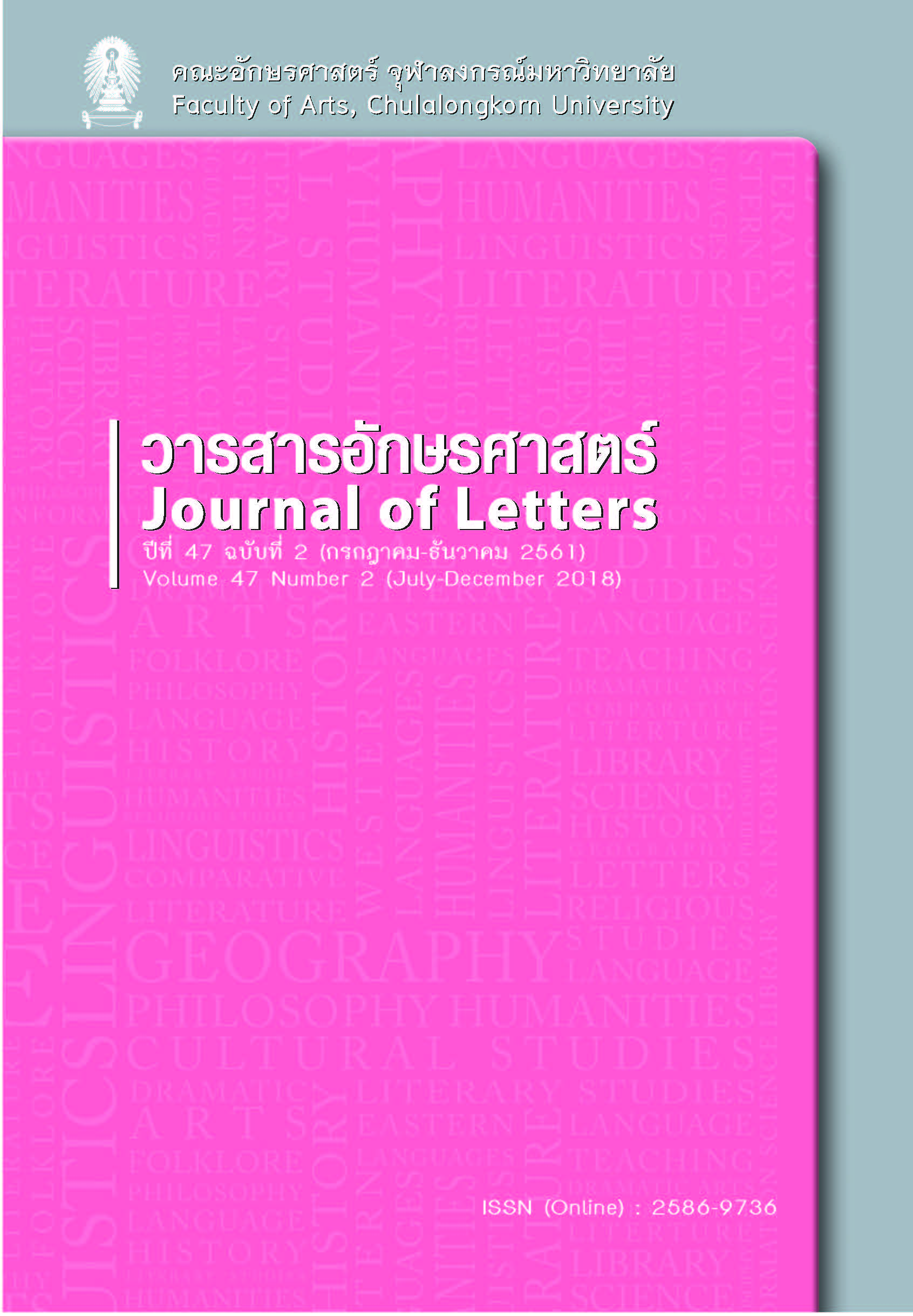Japanese language education for developing active and reflective learning
Keywords:
active learning, reflective learning, active deep learning, can-do statements (CDs), blogAbstract
This study presents a Japanese language teaching class which implemented active and reflective learning. The class focused on the students’ learning process and cognitive process with an aim to involve the students in active deep learning. Fifteen can-do statements, in compliance with the guidelines of the Common European Framework of Reference for Languages (CEFR), were used to design the class. Students’ reflective blogs were analyzed to capture data on learning achievement. The study showed that the corresponding levels for students’ development were CEFR levels B1-B2. The study also revealed that all students used cognitive skills, such as summarizing and comparing. In contrast, only some of the students used meta-cognitive skills, such as analyzing, self-evaluating, and planning when writing their blogs. The results from the study help improve subsequent lessons by setting appropriate goals according to students’ levels, and by activating the students’ meta-cognitive skills more frequently.
Downloads
Published
How to Cite
Issue
Section
License
Copyright and plagiarism
Authors are responsible for obtaining permission to use copyrighted materials from copyright owners. Authors are responsible for observing requisite copyright law when quoting or reproducing copyrighted materials. Quotations and reproductions of content from other published sources must be accompanied by a reference and all sources should be clearly listed in the references section. Quotations and reproductions of content from external sources without due attribution could be considered a severe infringement of academic conduct and may constitute a legal offence under the Copyright Act of B.E. 2537. Any legal ramifications arising from the infringement of copyright regulations would be the sole responsibility of the author(s).



